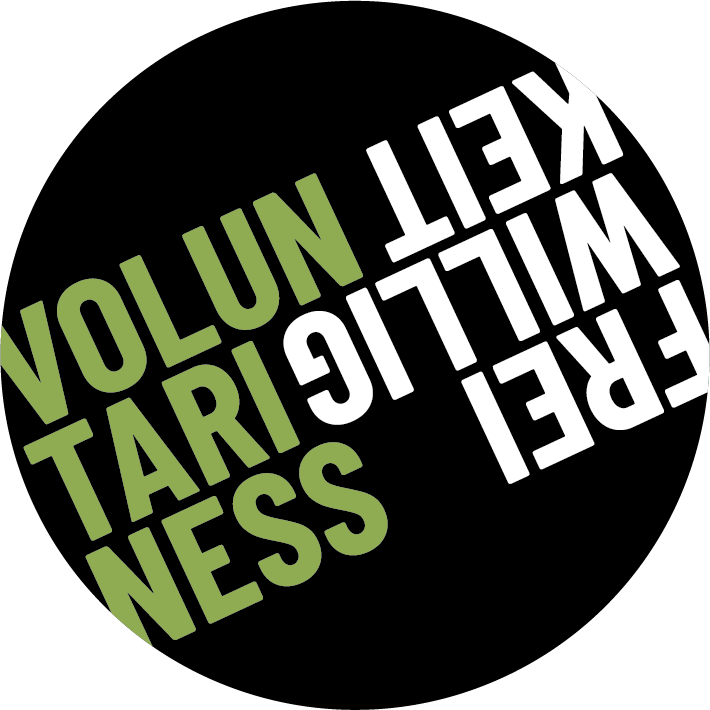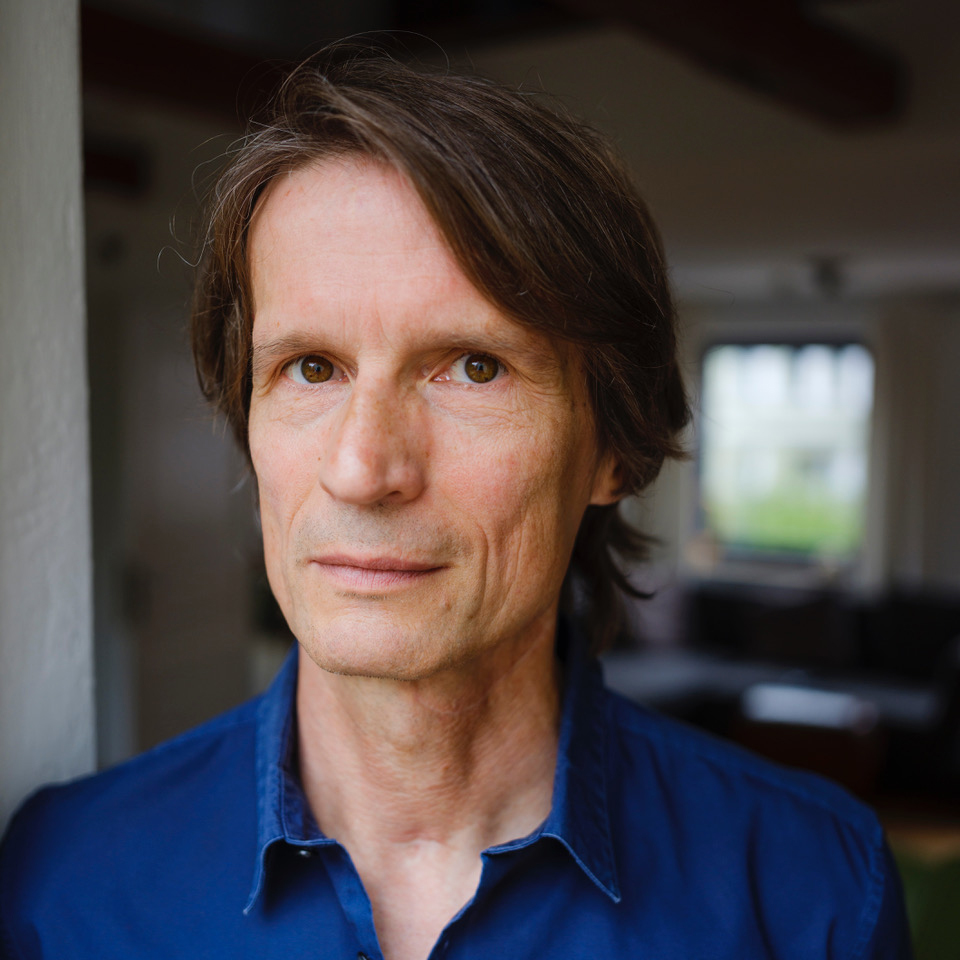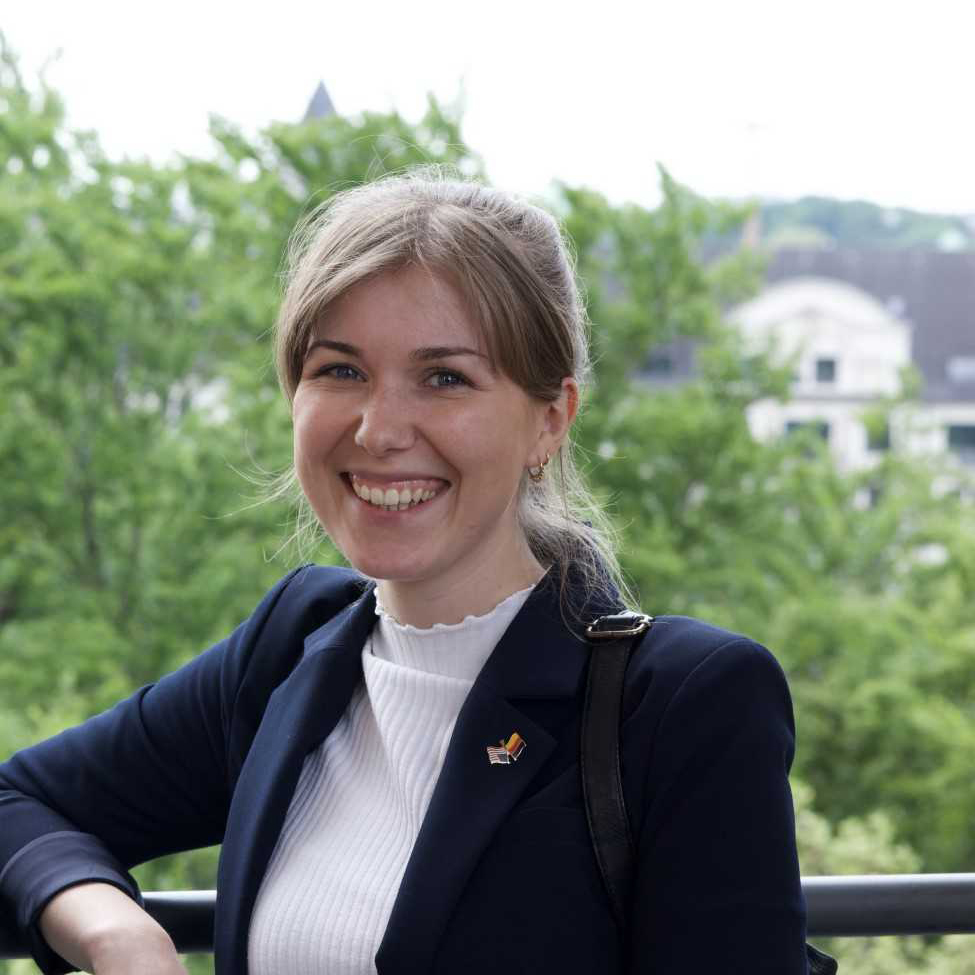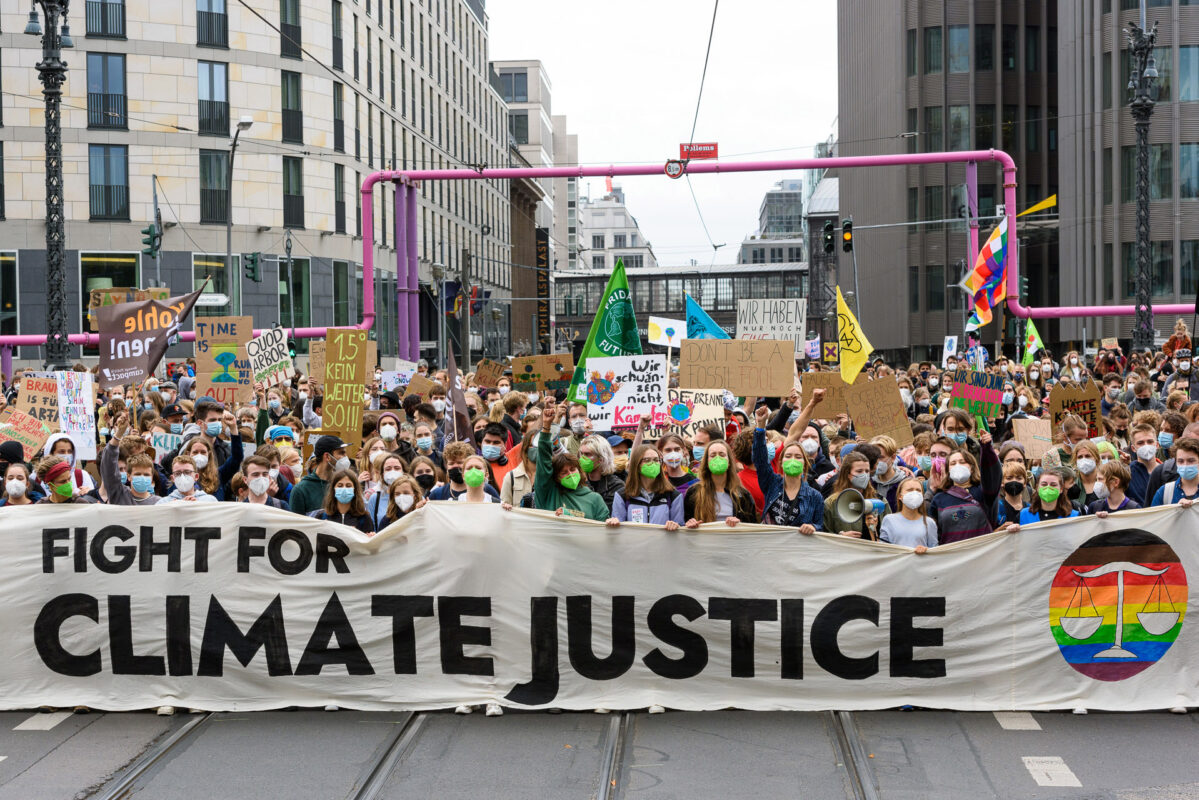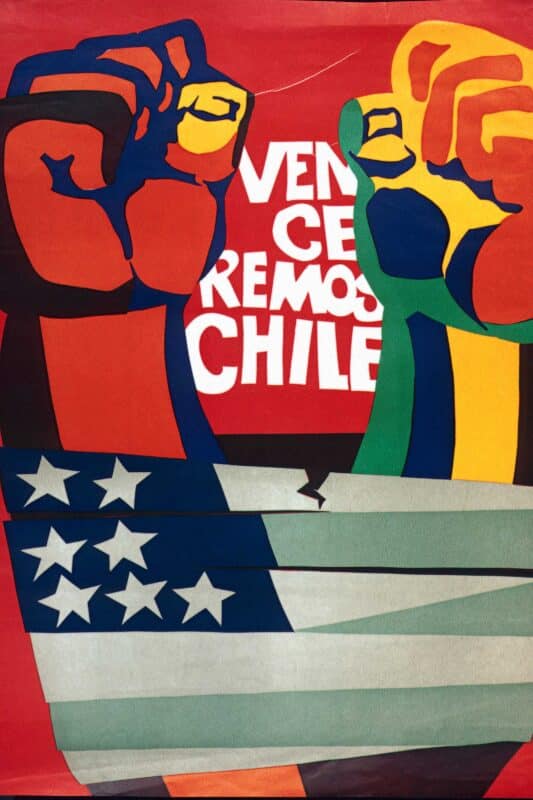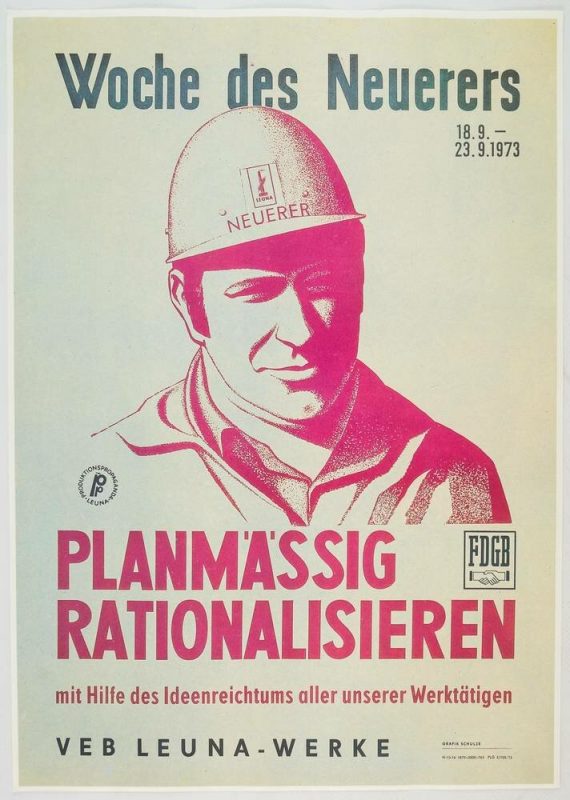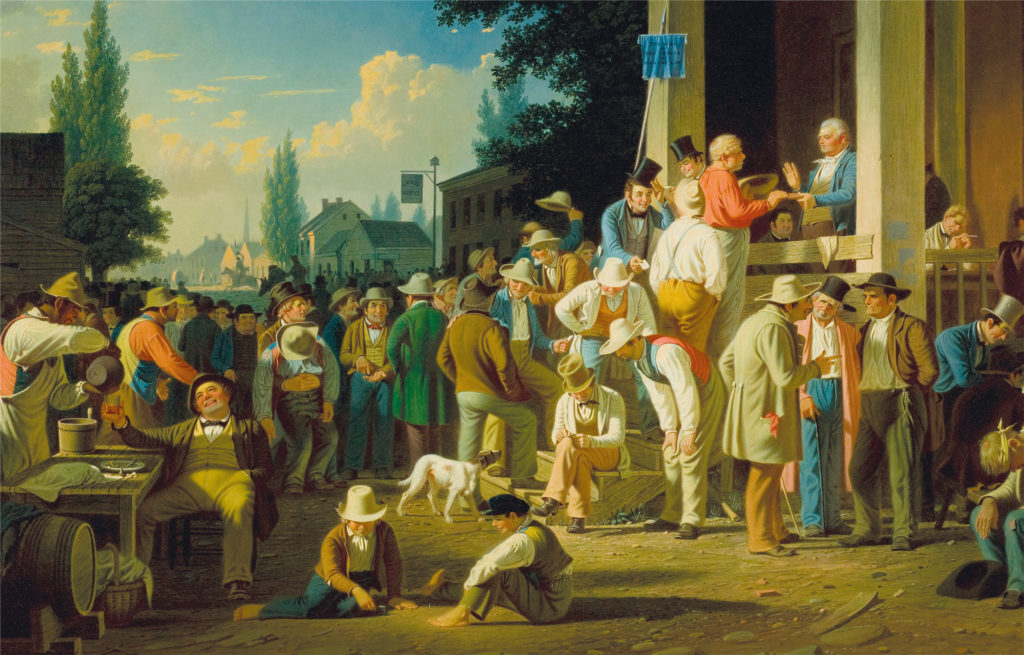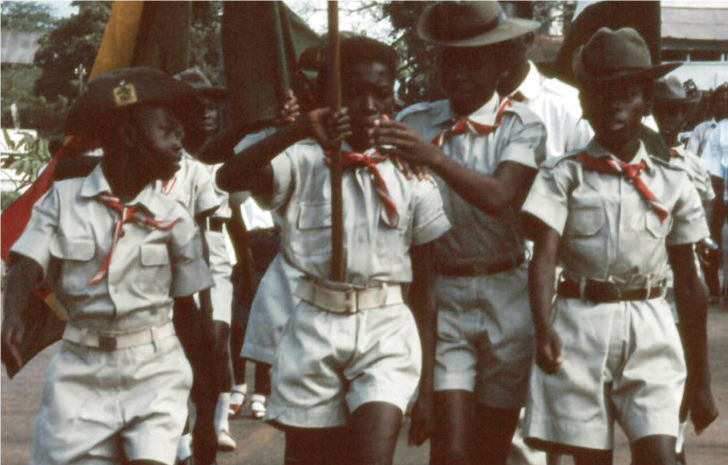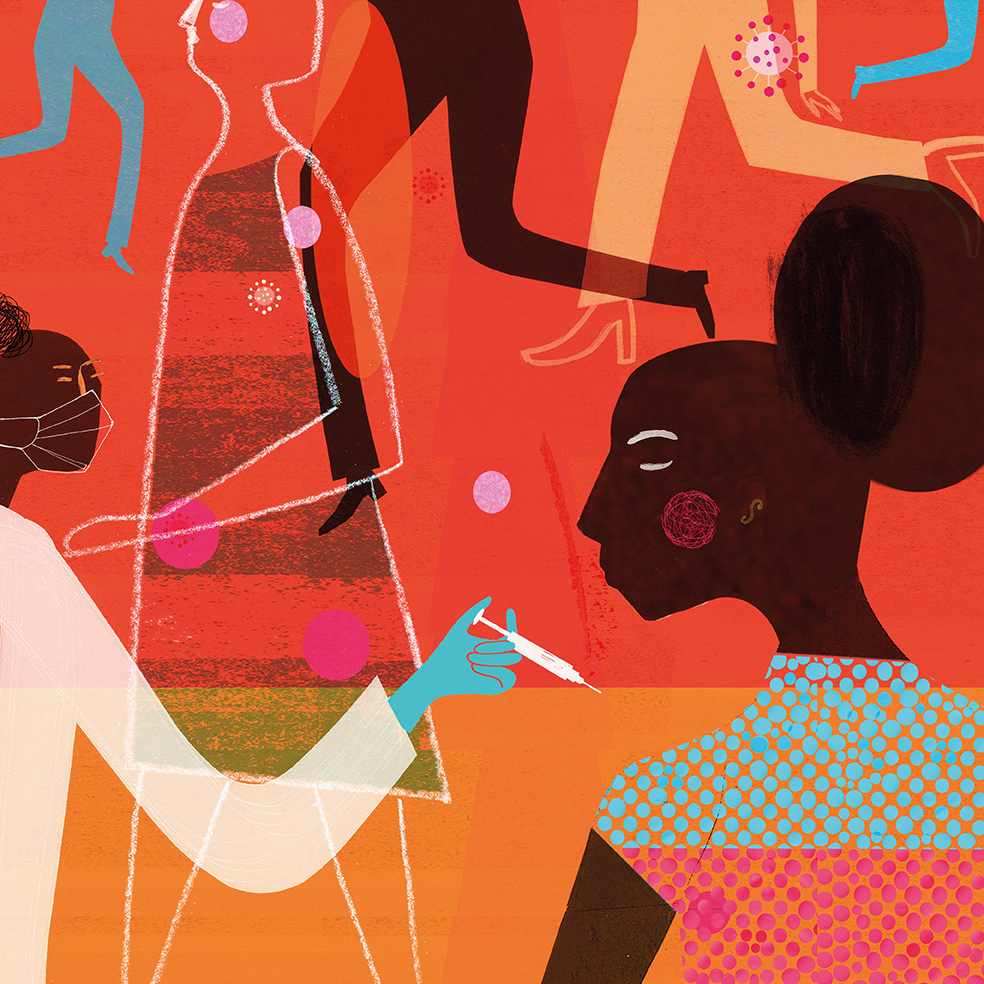
This subproject examines the relationship between voluntariness and health in the United States in the mid-nineteenth century. It demonstrates, first, how voluntary self-care for body and health gradually attained the status of social and political leitmotif during this period. The voluntariness of taking care of one’s own body became a symbol of the ability to act responsibly and thus to participate politically in a liberal society. Against this background, the subproject investigates, second, the extent to which the call for voluntary physical self-care from 1865 onwards also addressed the four million formerly enslaved people. Third, the subproject examines the self-relations cultivated by freedpeople to their bodies and their health, investigating whether these changed in the course of emancipation. We approach the issue of the physical self-care of the formerly enslaved from the perspective of those affected themselves. We also seek to illuminate preventive health practices, which presuppose voluntariness, personal responsibility, and competence, but are simultaneously carried out within a field of expectations, necessities, and variable options (depending on the actor).
The subproject examines how voluntariness functioned as a resource of health as well as of recognition as a liberal subject with the capacity to deal with one’s freedom by taking care of one’s body. We show how difference is engendered through voluntariness, depending on the extent to which the capacity for voluntary action is granted and facilitated. Methodologically, the subproject knits together elements of discourse analysis and close-up examination of the health practices and self-positioning of the (formerly) enslaved. The sources used are contemporary publications, the personal testimony of the (formerly) enslaved in the shape of interviews and biographical narratives, as well as the records of the Freedmen’s Bureau and its Medical Division.
The subproject makes a key contribution to the research group as a whole. First, in the shape of health and difference, it addresses a topic whose urgency has once again been underlined by the Covid-19 crisis. Second, it helps pin down more precisely the specific political significance of voluntariness during phases of upheaval. Third, it adopts a perspective inspired by postcolonial studies and Black studies by foregrounding subalterns as actors.


